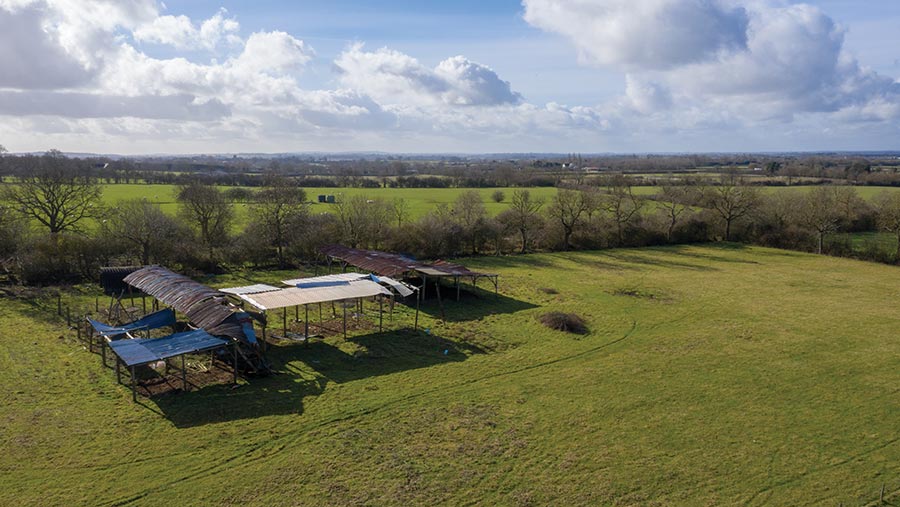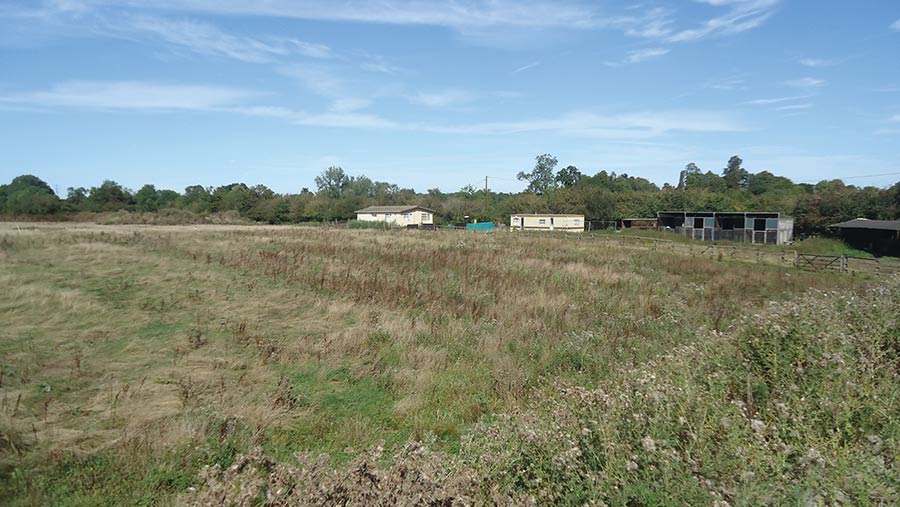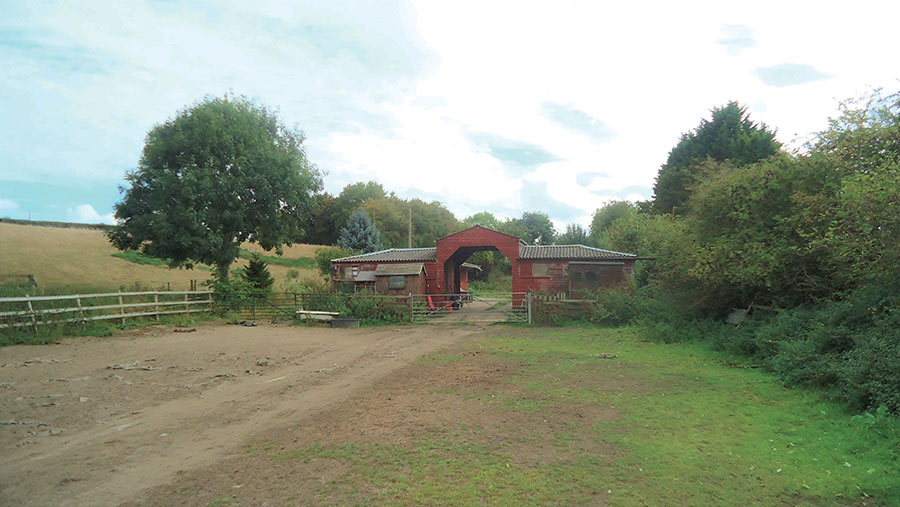Why you should consider selling land and property at auction
 © Robinson & Hall
© Robinson & Hall Auctions can be a daunting prospect for both buyers and sellers, but the speed and transparency of the process may be hugely beneficial.
An additional advantage for vendors is that the competitive atmosphere often results in a higher than expected price being achieved.
Charles Lovell, head of the auction department at Robinson & Hall, answers the most common questions asked by potential vendors when deciding whether to sell their land or property by auction.
See also: Scarcity of land drives demand in Northern Ireland and Wales
Why sell at auction?
Some sellers assume an auction will result in a lower price for their property. In contrast, buyers tend to believe once the lot reaches the auction room it will “go for silly money”.
The truth is we often sell for a similar amount to an estate agent, we just do it a lot faster – from instruction to exchange can be as little as four weeks.
Auction adheres to the principle that a property is worth what a buyer is prepared to pay, not what a seller thinks it is worth. However, a buyer will always pay more when in competition with other buyers, which can significantly exceed a seller’s own valuation.
A low starting point creates competition and competition instils confidence. Buyers are forced to think about the most they will pay, as opposed to how much they can get off the asking price, and all buyers are brought together in a timely manner, so everyone has a fair chance.
A skilful auctioneer can yield substantially better results, with no opportunity to renegotiate or withdraw, as can happen with some other methods of sale.
What sells well at auction?
Any kind of property can be sold at auction, but some types work better than others.
Generally, a good condition family home will sell better through an estate agent, but where buyers see they can add value or there will be acceptable rental returns, auction can be much more successful.
Fixer-uppers, property that can be subdivided, small parcels of land and low-value property such as garages, small workshops or parking spaces will sell well at action.
What are the advantages of auction?
- Speed – Selling at auction could see instruction to completion in as little as six weeks and for buyers, viewing to completion in as little as three weeks.
- Certainty of sale – Instructions for properties unlikely to sell will not be accepted. For a buyer at auction, an accepted offer is a simultaneous exchange of contracts, with no chance of a seller changing their mind.
- Best price – Unique properties should be sold at auction, as it is difficult to value these without any comparable sales. Property where the seller is required to show ‘best value’ is achieved – such as an executor to a will – should also be sold at auction.
- Transparent – Buyers are provided with all the necessary information before making an offer. The sales process is also more transparent.
- Open bidding – Buyers can bid with the peace of mind of knowing how much they need to pay for the property.
How are auctions carried out currently?
Due to the coronavirus pandemic, Robinson & Hall’s auctions are live streamed online. Three sales were held in May and June, with 100% of the lots being sold.
The firm’s next auction is on Thursday 8 October and the deadline to enter a lot is Friday 11 September.
Buyers are required to register and provide a deposit beforehand and can bid on the day online, over the telephone or by proxy.
What sold well?
Robinson & Hall sold a number of properties above their guide prices at its recent summer auctions.
Causter Farm

© Robinson & Hall
Causter Farm, Milton Keynes, in Buckinghamshire, was guided at £250,000 and sold at £350,000.
It included a house, seven acres of land with consent for another house, plus equestrian and agricultural buildings.
Land at Little Ion

© Robinson & Hall
A six-acre block of land with two buildings on Barton Road in Bedford, Bedfordshire, had a guide price of £60,000 and sold for £119,000.
Adstock Park Stud

© Robinson & Hall
In Buckinghamshire, Adstock Park Stud, Adstock, sold at £330,000, above its £300,000 guide.
The 18.5-acre unit was divided into three fields and included a few small buildings.
Radclive Stables

© Robinson & Hall
Also in Buckinghamshire, Radclive Stables, Buckingham, sold for £300,000, double its guide price.
The equestrian unit included stables, a mobile home and about 5.5 acres.
Post-lockdown on-farm auction

© H&H Land& Estates
H&H Land & Estates ran the first post-lockdown on-farm auction in July for a former dairy farm in Cumbria.
Generally the sales of farms and land by public auction in the county take place in a town hall or sports club.
Adapting to the pandemic’s restrictions, Dove House Farm, near Kirby Lonsdale, was put to potential buyers at the farm itself.
The 50-acre farm sold for £1m, about 20% more than its guide price.
Split into five lots, each went to a different buyer, with the average price reaching £10,726/acre.
The holding included a four-bedroom house and a range of modern buildings.
Lot 1 – the farmhouse, buildings and about 15 acres of pasture land – sold for more than £100,000 above the asking price at £660,000.
The highest sale price achieved was £17,045/acre for the smallest plot, 2.64 acres.
Mark Barrow, head of land agency at H&H Land & Estates, said: “The success of the sale proves that on-farm auctions are now possible and could be the path forward as we recover from Covid-19.
“With both lots of meadowland and pasture of around 12 acres going for £130,000 and £120,000 respectively, it shows that agricultural opportunities in this area continue to be keenly contested.”
